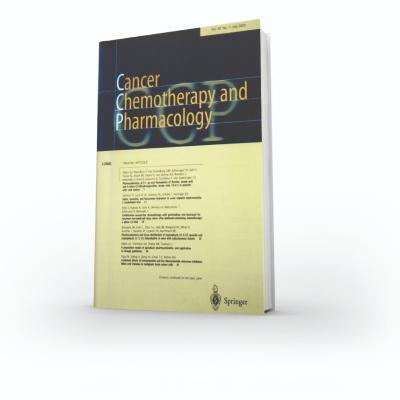
STUDIES
BIRM maintains a constant commitment to people, its contribution in the prevention of diseases, as well as in the recovery and rehabilitation from chronic pathologies.
BIRM is a natural product that has helped thousands of Ecuadorian families throughout its history, as a coadjuvant immunomodulator in all types of diseases, which is why we continue to innovate every day, discovering more for the benefit of society.
Over the years BIRM has been a product that has been successfully tested in several pathologies, these studies support the effectiveness of BIRM.
PB0294 BINATIONAL EXPERIENCE IN AIDS TREATMENT
PB0294 BINATIONAL EXPERIENCE IN THE TREATMENT OF AIDS WITH A NATURAL LOW MOLECULAR WEIGHT CARBOHYDRATE (ECA-10-142) AS AN IMMUNE SYSTEM STIMULATOR.
Cevallos Arellano Edwin, Head of the Oncology Clinic of the Hospital Metropolitano de Quito, Ecuador; Ardila Ardila, Henry, Director of the Colombian League for the Fight Against AIDS, Santafé de Bogotá D.C., Colombia.
The study allowed evaluating the stimulating characteristics on the immune system by means of (ECA-10-142), a low weight carbohydrate of natural origin, in 70 patients with stage IV AIDS. For this purpose, 70 patients with a confirmed diagnosis of AIDS, 30 Colombians and 40 Ecuadorians, were selected for administration of the medicine with (ECA-10-142). Laboratory studies showed that these carbohydrates stimulate the immune system in AIDS patients. The results achieved at 9 months showed clinical improvement regarding signs of the disease. A remarkable immunological improvement in the levels of immune system cells, mainly CD4 lymphocytes, was also observed. In conclusion, it proved to be an effective stimulator of the immune system in laboratory studies because it inhibits the formation of masses and provides clinical and immunological improvement of AIDS patients.
Link to the scientific journal


AN ORALLY ACTIVE AMAZONIAN PLANT EXTRACT (BIRM)
AN ORALLY ACTIVE AMAZONIAN PLANT EXTRACT (BIRM) INHIBITS PROSTATE CANCER GROWTH AND METASTASIS
Authors:
Devendra S. Dandekar Æ Vinata B. Lokeshwar Edwin Cevallos-Arellano, Mark S. Soloway Balakrishna L. Lokeshwar 2003.
An analysis of the antitumor activity: "BIRM" (biological modulator of the immune response; "Easy Ecuadorian oral solution: an extract of an Amazonian plant"), was carried out in laboratory studies in an animal tumor model. The effectiveness of BIRM was evaluated in rats with subcutaneous tumors, where it was found that the most important results were that BIRM inhibited cell proliferation and cloning, predominant and necessary activities for cancer. The plant extract BIRM has antitumor compounds with potent anticancer activity in laboratory studies against prostate cancer cells.
Link to the study:
DOI: 10.1007/s00280-003-0612-1
NEUROPATHIC PAIN STUDY
Neuropathic pain is still poorly managed by currently accessible therapies. The purpose of the analysis has been to test the effectiveness of the neuropathic pain model in BIRM laboratory models to elucidate its anti-neuroinflammatory potential. BIRM was administered orally to animals. Repeated oral administration of BIRM inhibited pain linked to allodynia and thermal hyperalgesia. Such data indicate that the marketed formulation BIRM has anti-neuroinflammatory and antinociceptive characteristics in rats with neuropathic pain and may serve as an adjuvant to standard therapy or as a free therapeutic proxy for procedural neuropathic pain disorders.
Link to the study:


STUDY OF THE ANTIOXIDANT ACTIVITY OF THE IMMUNOMODULATORY PRODUCT "BIRM".
Southborough, MA 2018
BACKGROUND.
Ecuador belongs to the 8 centers of origin of native plants, because the predominance of geographical and ecological components offers a vast variety in its flora. Chemically, polyphenols can be divided into several classes, such as phenolic acids, flavonoids, anthocyanins, isoflavones, stilbenes, lignans and tannins (Machu et al., 2015).
Link to scientific journal